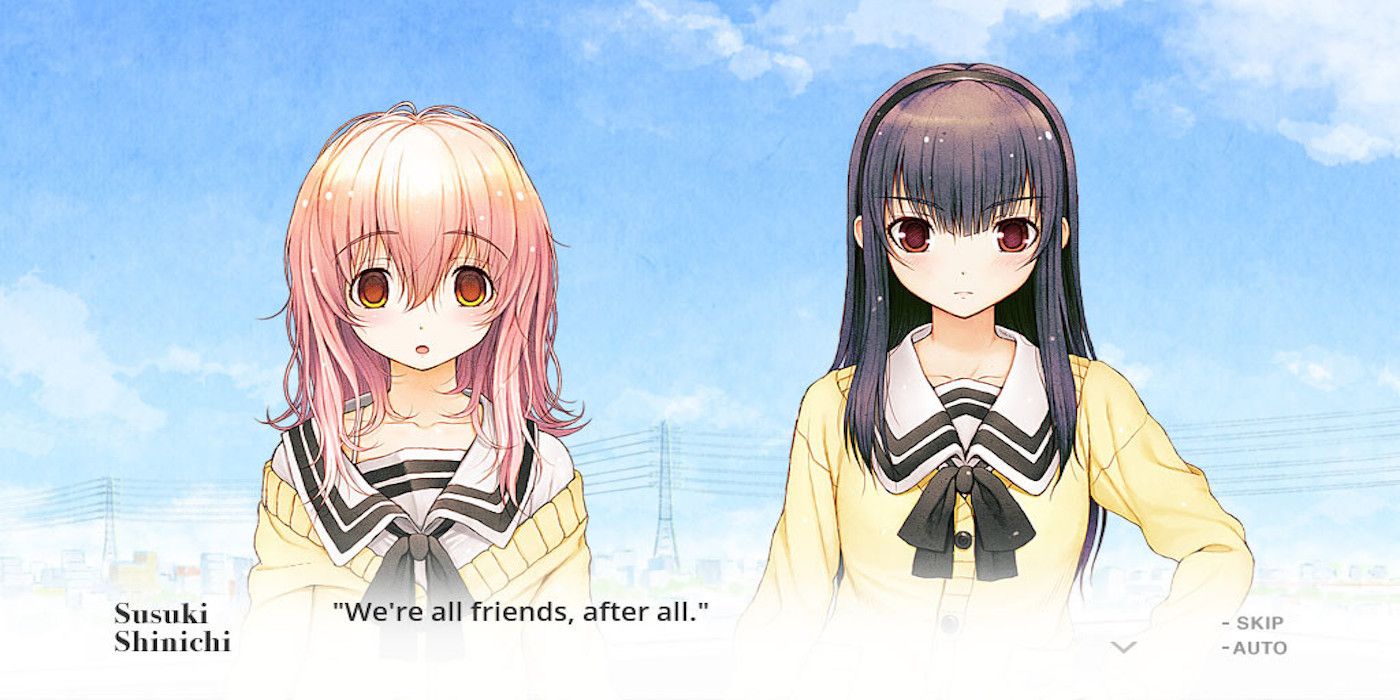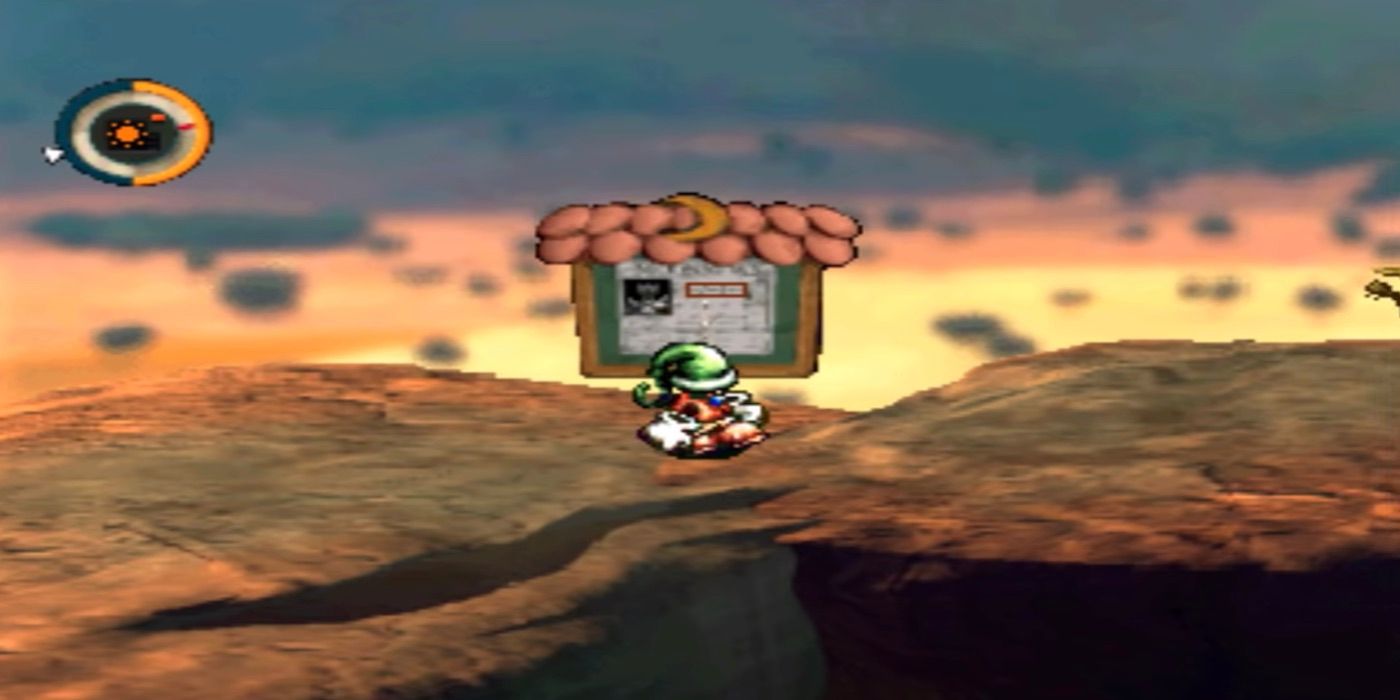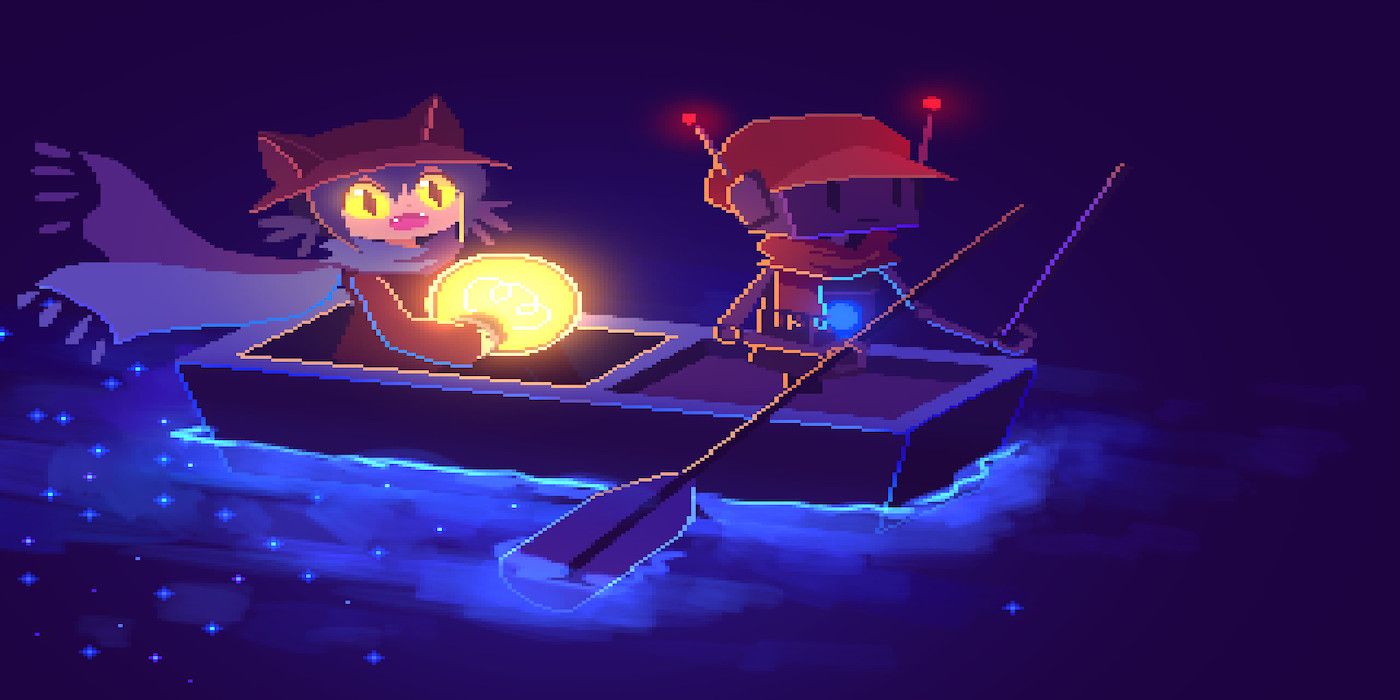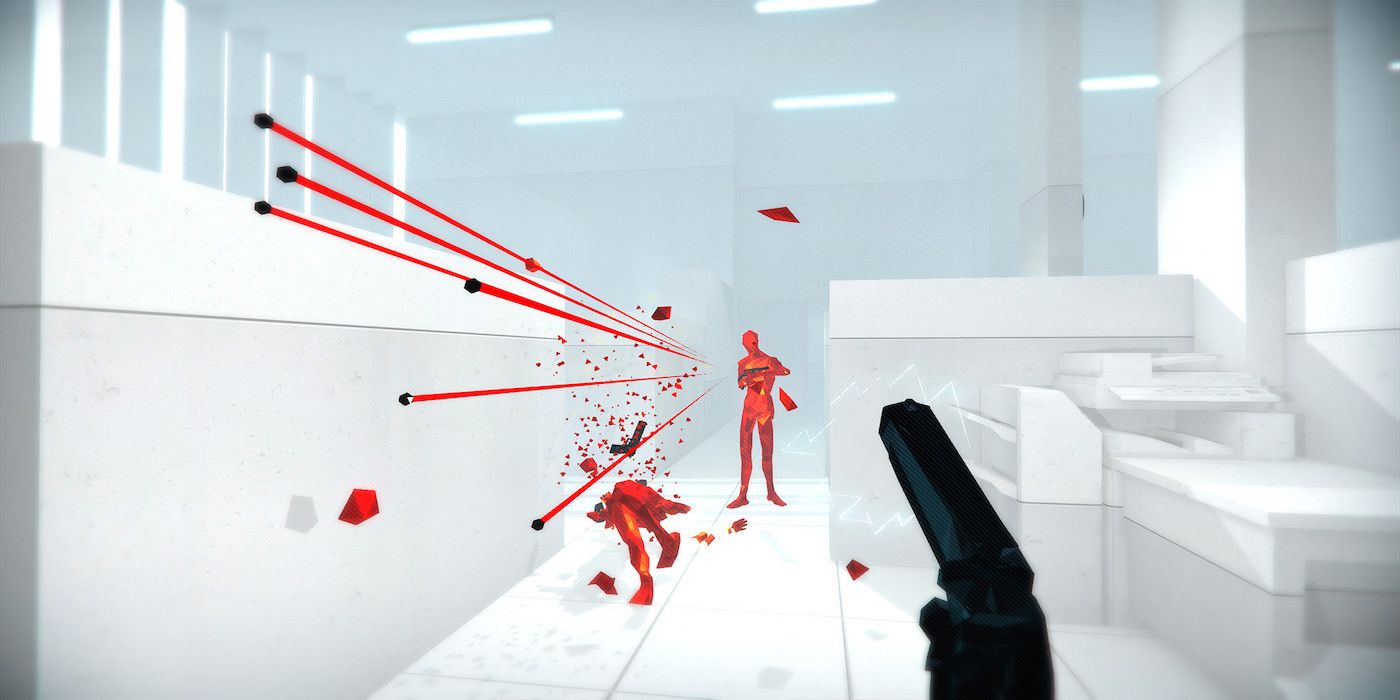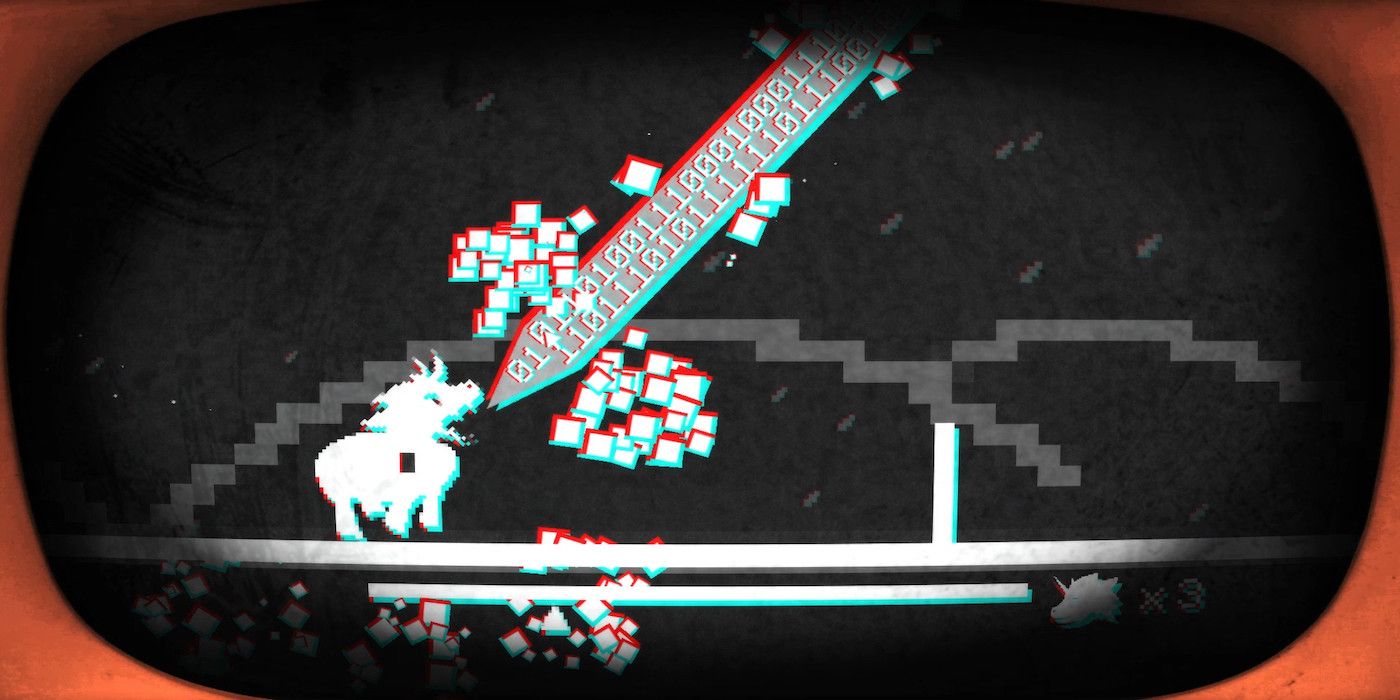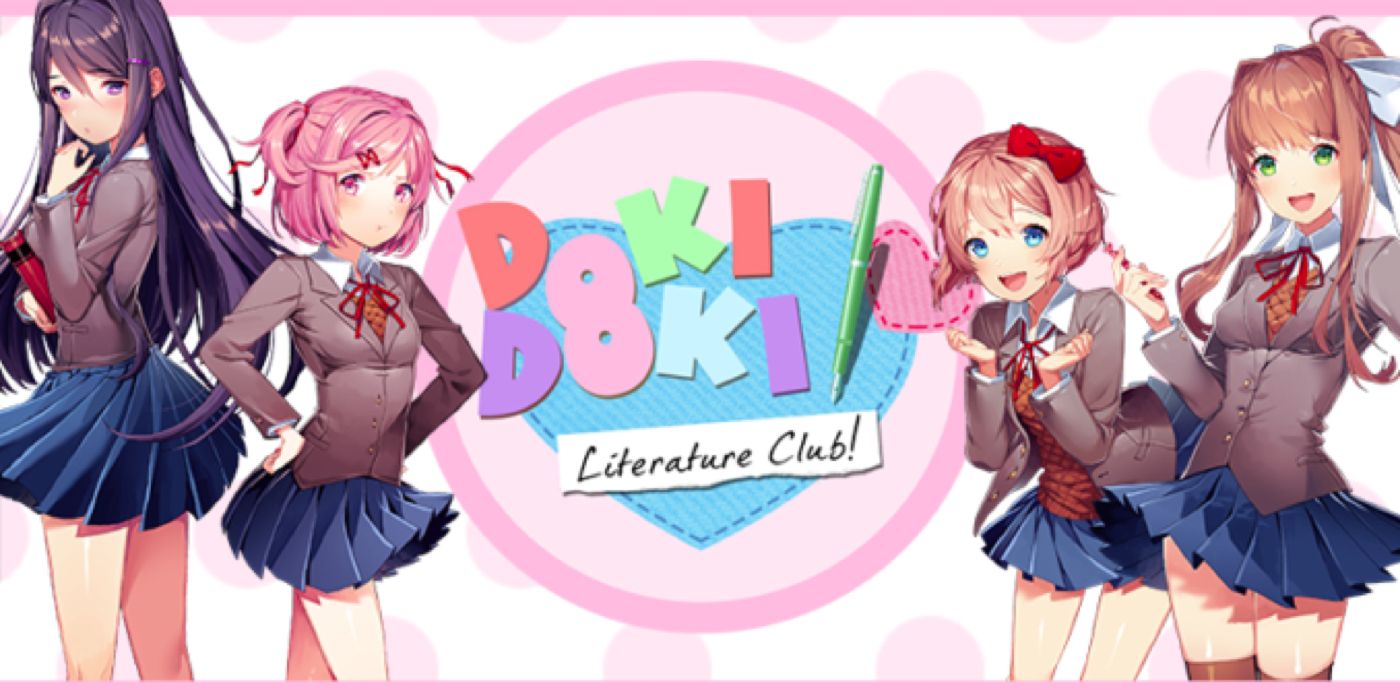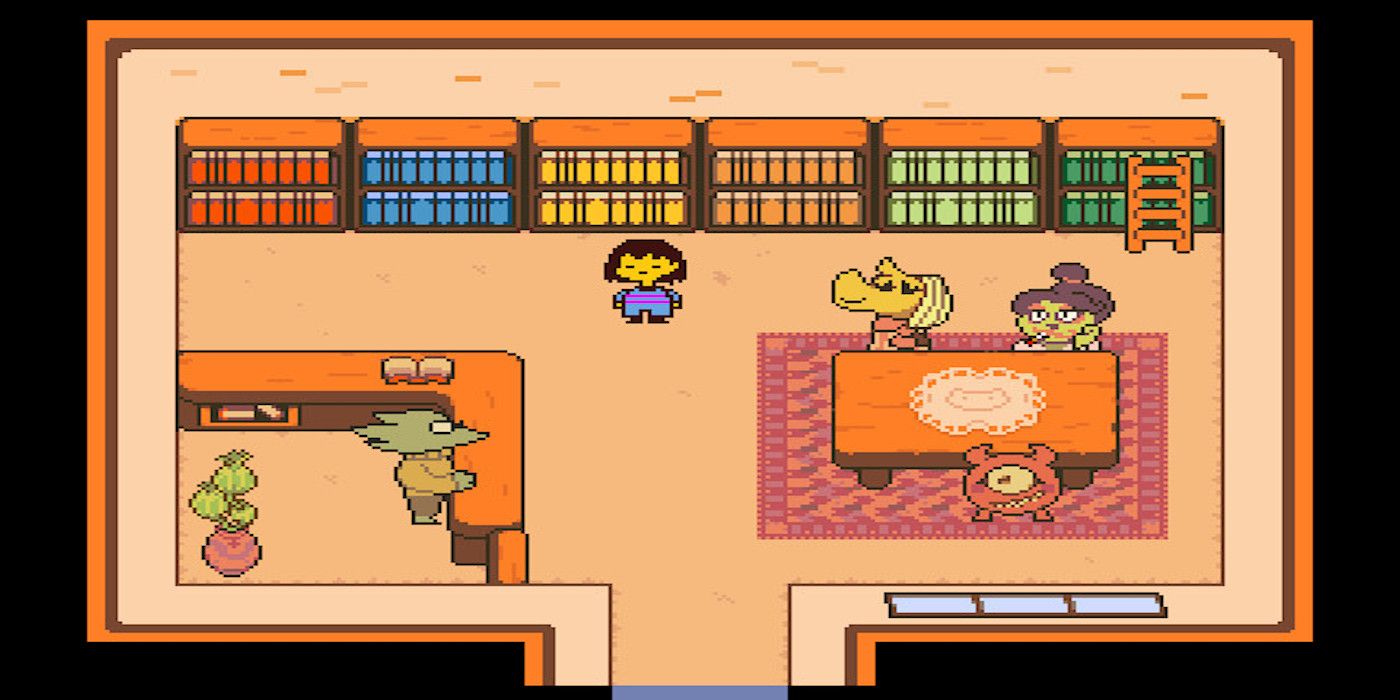Though video games typically provide a satisfying experience for a single full playthrough, most games, such as the recent interactive drama As Dusk Falls, encourage multiple playthroughs so players can find choices, routes and endings they missed. Even with the recent JRPG Soul Hackers 2, which has only two endings, players can choose to replay the entire experience to complete missed side-quests, try new battle strategies, play on a harder difficulty or simply experience it all again.
Despite this, there are some games, such as the RPG Maker title OneShot, that actually discourage or even prevent players from replaying it. By doing this, the games place more weight on the player's in-game choices and actions.
You Only Live Once (2009)
Though Adobe Flash was officially discontinued at the end of 2020, plenty of Flash games were so historically significant and unique that they're still worth discussing to this day. One example of this is the 2009 platformer You Only Live Once, which follows a man named Jemaine who enters the castle of the evil Sir Giant Pink Lizard to rescue his girlfriend.
Although the game's plot and gameplay are similar to most traditional 2D side-scrolling platformers, You Only Live Once sets itself apart by literally only giving the player one life. If Jemaine dies, the player won't be able to try again without deleting their browser history. Instead, they'll be treated to several post-death scenes before the game settles on an image of the character's grave.
One Chance (2010)
Another Flash game that used the browser's history to make sure that the player really only had one playthrough was the 2010 puzzle adventure game One Chance. After the protagonist, Dr. John Pilgrim, seemingly discovers a cure for cancer, the new medicine is released into the air. Shortly afterwards, however, it's revealed that the experimental cure destroys all living cells instead of just cancer cells.
With only six days left to live, Dr. Pilgrim must find a way to save the world before it's too late. Depending on the player's actions, they'll receive one of multiple endings, and the player is expected to simply live with these choices.
Milya[broken] (2020)
Created by lol_rust, who also developed the popular Yume Nikki fangame .flow, Milya[broken] is a surreal meta-horror puzzle game where the player launches a mysterious computer file to uncover who or what the titular "Milya" even is. As the player navigates the game's nightmarish world that's filled with bloody imagery and decaying environments, the player reads the logs of other girls who have been affected by Milya.
While dealing with deliberately machine translated text, the player will have to solve various puzzles by directly interacting with the game's files. Eventually, the player will end the game by deleting Milya's file, which initially appears to kill her. If the player waits long enough on the endless ending screen, however, Milya will deliver one last message before the game ends forever.
YOU and ME and HER: A Love Story (2013)
Although initially appearing to be another typical dating sim, the 2013 horror visual novel YOU and ME and HER: A Love Story is essentially a precursor to the popular 2017 title Doki Doki Literature Club. The game follows a generic male high school protagonist named Shinichi who has reluctantly grown apart from his childhood friend, Miyuki. When he teams up with Miyuki to help a class outcast named Aoi, Miyuki and Shinichi finally have the chance to reconnect and even fall in love.
If the player chooses to attempt Aoi's route, which unlocks after Miyuki's route, then Miyuki will make sure that both Shinichi and the player regret it. By the end, the player will have to decide which girl to save and, unless they uninstall and reinstall the game, they'll have to live with the consequences.
Moon: Remix RPG Adventure (1997)
Despite originally being a Japan-only title that only recently got released internationally in 2020, the 1997 PlayStation anti-RPG life sim Moon: Remix RPG Adventure is a historically significant game that directly inspired Undertale and other similar titles. The game follows a young boy who accidentally falls into the world of the RPG he was just playing.
While there, he discovers that the RPG's "hero" has harmed all the NPCs and in-game creatures by accomplishing typical RPG tasks, such as stealing things from their homes and killing all of them. Now, the protagonist must try to clean up the hero's mess by completing quests for the NPCs and helping the souls of the dead creatures. At the end, the player can only fully save the in-game world by choosing to quit the game entirely.
OneShot (2014)
Originally released as a freeware game in 2014, OneShot is an RPG Maker game that follows a cat-like child named Niko and the player, who is treated as a separate character, as they try to save the world by restoring the sun, which is a light bulb. As the title suggests, Niko and the player only have "one shot" to save the world.
In the original version, if the player closed the game, then the world would end. Also, once the player chooses between either saving the world or helping Niko go home, they are unable to reload to try the other option. Though the player could technically "start again" in the 2016 paid full release by deleting the save file, this actually leads to new content and a true ending, which can also only truly be completed once.
Superhot (2016)
Released in 2016, Superhot is an FPS where time moves slowly when the player isn't moving, which allows the player time to assess their situation and strategize their next move. After the in-game version of the player receives the "superhot.exe" file from their friend, they immediately start playing it and become addicted to it.
During the experience, the program warns the player that the game is too dangerous and that they should quit. Once it's revealed that the game affects the real world, the player has one last chance to simply quit the "game" forever or become fully assimilated into the program.
Pony Island (2016)
Another excellent metafictional game from 2016 is Pony Island. Created by Daniel Mullins, who also made the recent roguelike deck-builder Inscryption, this horror action adventure game where the titular old arcade cabinet is possessed by Lucifer, and the player must hack into the game to save their own soul and the other souls trapped within.
Between the endless running sections where the player controls a cartoonish pony, one of the previous victims helps the player change the game's own code to help them progress. When the player beats the game, the soul tells the player that they must uninstall the game so that they can truly be freed.
Doki Doki Literature Club! (2017)
Released as a freeware game in 2017, Doki Doki Literature Club! is a horror visual novel that contributed to the current mainstream popularity of metafictional horror games. Initially, the game appears to be a lighthearted dating sim where the player is an average male high school student who can date three of the four members of his school's literature club.
After a couples hours, however, a certain traumatic event happens that completely alters the game. Although the game appears to have save files, it actually saves in a separate location, and each "restart" is part of one run. Once the player receives an ending, they have to live with the consequences.
Undertale (2015)
One of the most popular and influential anti-RPGs is the 2015 game Undertale, which follows a human child named Frisk who accidentally falls into the realm of monsters known as the Underground. To escape back to the human realm, Frisk must travel to the castle of the king of the Underground, Asgore, and either befriend or kill the monsters along the way.
Depending on how many monsters the player has killed and whether the player is going through the game again, they'll obtain one of several endings. After the true ending, Flowey tells the player not to reset the game and simply let the characters have their happy ending.

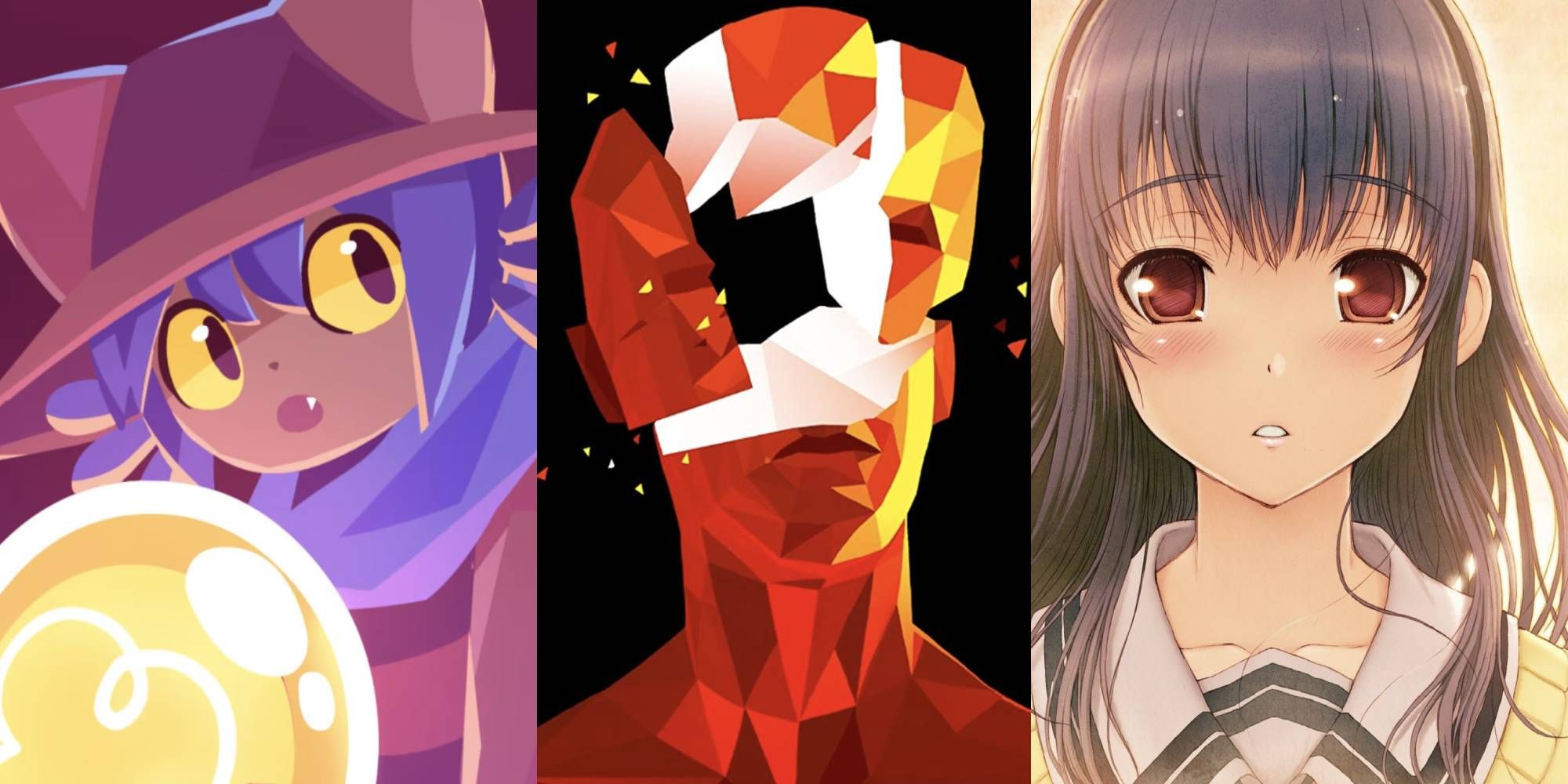
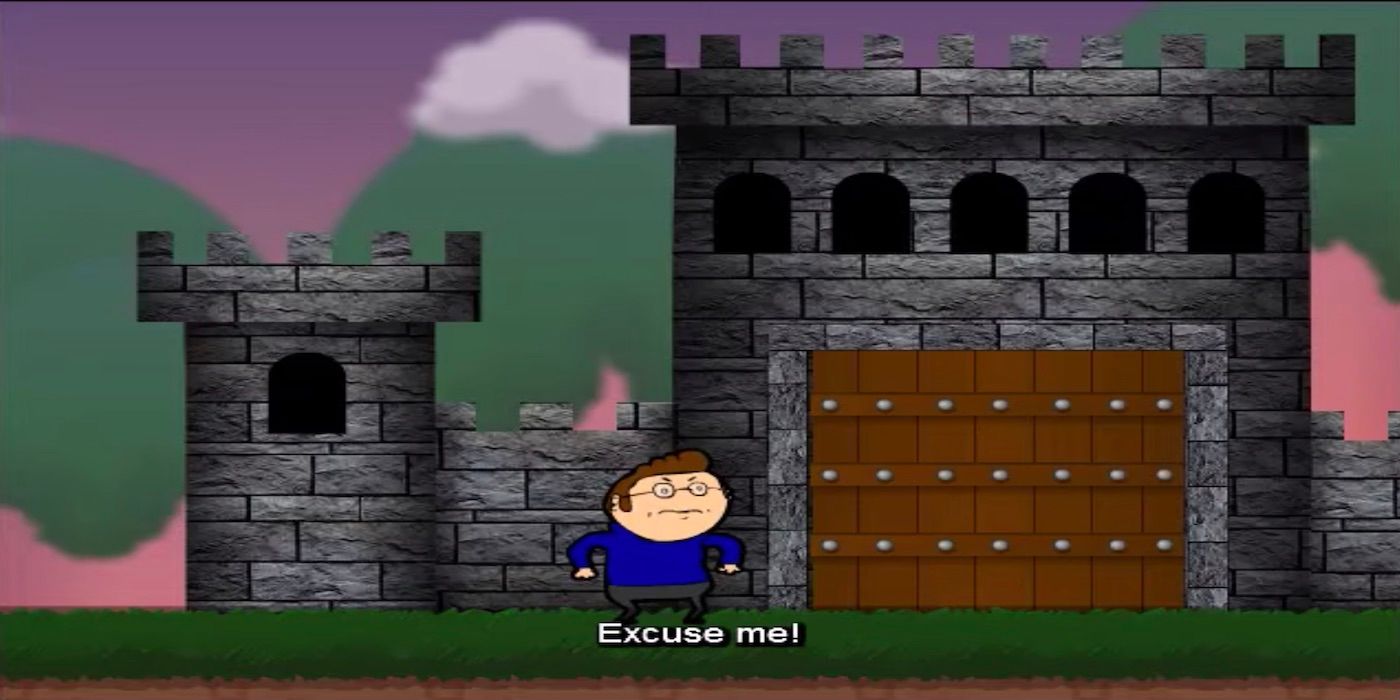
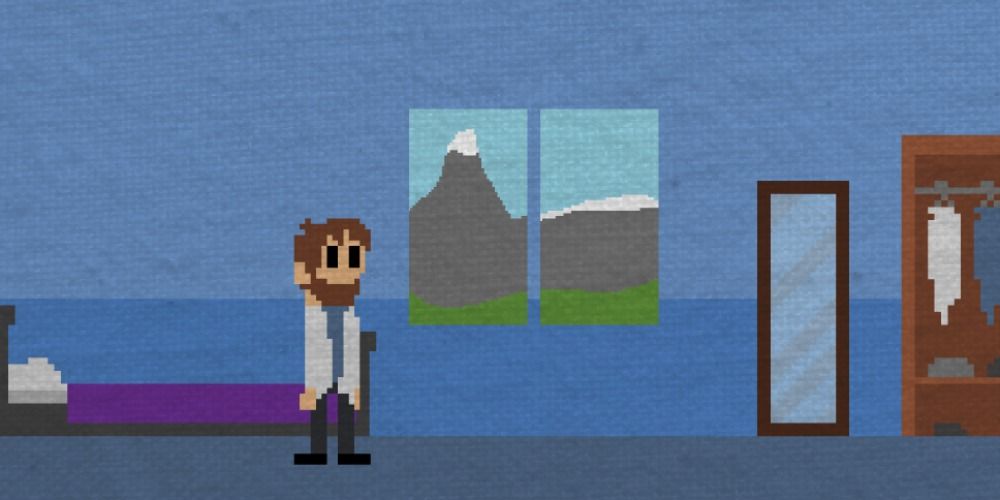
![A screenshot of the titular Milya from the game Milya[broken]](https://static1.srcdn.com/wordpress/wp-content/uploads/2022/09/milya-broken-pr-photo.jpeg)
